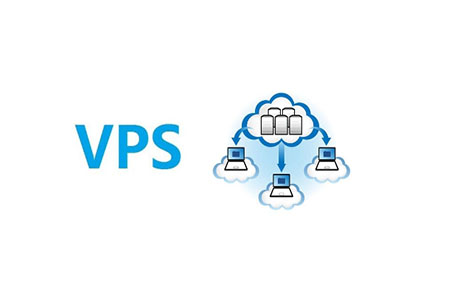In the Internet era, VPS plays a key role in providing users with flexible hosting solutions. However, due to the complexity of the network environment, VPS servers face various potential security threats. In order to ensure the security of the server, it is crucial to take a series of effective security measures. This article will discuss how to improve the security performance of VPS servers to reduce potential risks.
1. Update operating system and software
Keeping the operating system and installed software updated to the latest versions is a top priority in ensuring server security. Updates often contain fixes for known vulnerabilities and protect against many potential attacks. Regularly check and apply system and software security patches to ensure that servers are always running in the latest and most secure environment.
2. Use strong passwords and change them regularly
Strong passwords are the cornerstone of server security. Make sure your password is complex enough and includes letters, numbers, and special characters. Avoid using passwords that are easy to guess, such as birthday, name, etc. Change your password regularly to prevent it from being guessed or cracked. Additionally, consider enabling multi-factor authentication (MFA) to provide an extra layer of security.
3. Configure firewall
Configure the firewall to restrict inbound and outbound network traffic to only necessary ports and services. Closing unnecessary ports and opening only the ports that are actually needed can reduce the potential attack surface. Use network traffic monitoring tools to regularly review traffic and identify abnormal activity in a timely manner.

4. Enable Secure Shell
Use a secure shell (such as SSH) to remotely manage the server, and disable insecure protocols (such as Telnet). Configure SSH to limit the number of login attempts and use key authentication instead of password authentication. Limit the range of IP addresses that can access SSH to reduce the risk of brute force cracking.
5. Regular backup
Regular backups are key to preventing data loss and malicious attacks. Make sure to back up critical data regularly and store backups in a safe place. Test the restore process to ensure your data can be recovered quickly if needed. Cloud service providers often offer automated backup services, consider using these services.
6. Monitoring and logging
Configure monitoring tools and logging systems to monitor server activities in real time and record key events. By detecting abnormal behavior in time, potential security issues can be responded to more quickly. Regularly review log files to detect abnormal login, file access and other activities.
7. Use a secure connection
Protecting the security of data transmission is crucial. Use the SSL/TLS protocol to encrypt sensitive information transmitted over the network. Make sure you configure the correct SSL certificate on your VPS to provide a secure HTTPS connection.
Overall, improving the security of VPS servers is an ongoing process. By taking the above measures, users can effectively reduce potential risks and ensure that the server is more secure and reliable in the network environment. Security is a systemic issue that requires comprehensive consideration of hardware, software, networks, and personnel to establish a solid security defense line.

 EN
EN
 CN
CN








